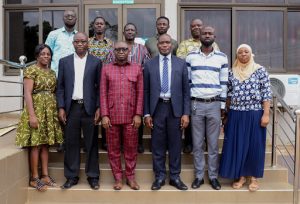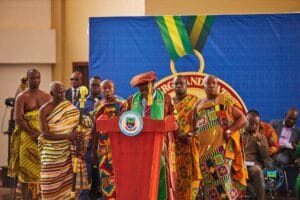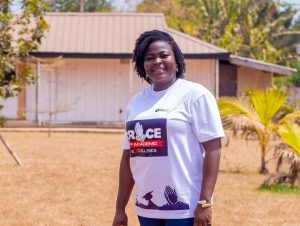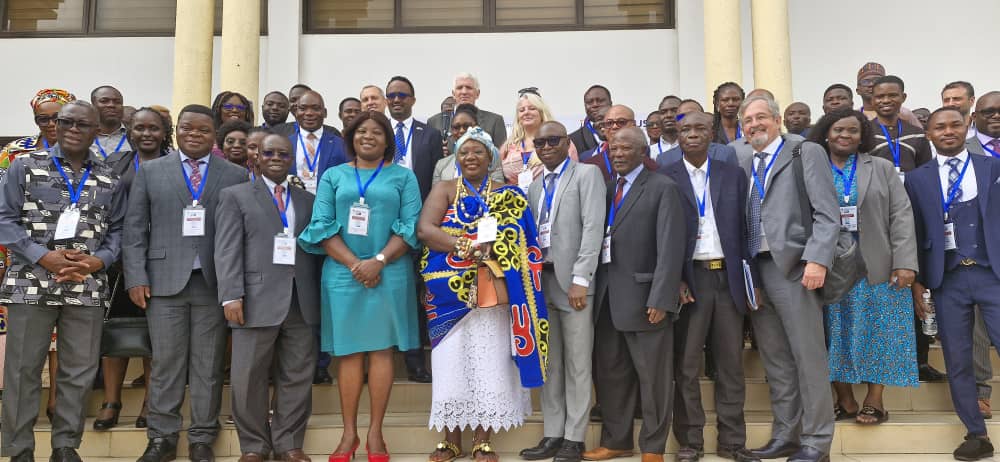
Prof. Elvis Asare-Bediako, Vice-Chancellor of the University of Energy and Natural Resources, has urged researchers, policymakers, government agencies, and development practitioners to unite in building a more resilient and adaptive future for Africa and the world. Speaking at the 7th Evidence to Action Conference and Exhibition 2024 at the ISSER Conference Hall, University of Ghana, Prof. Asare-Bediako emphasized the need to transform evidence into action in the fight against climate change.
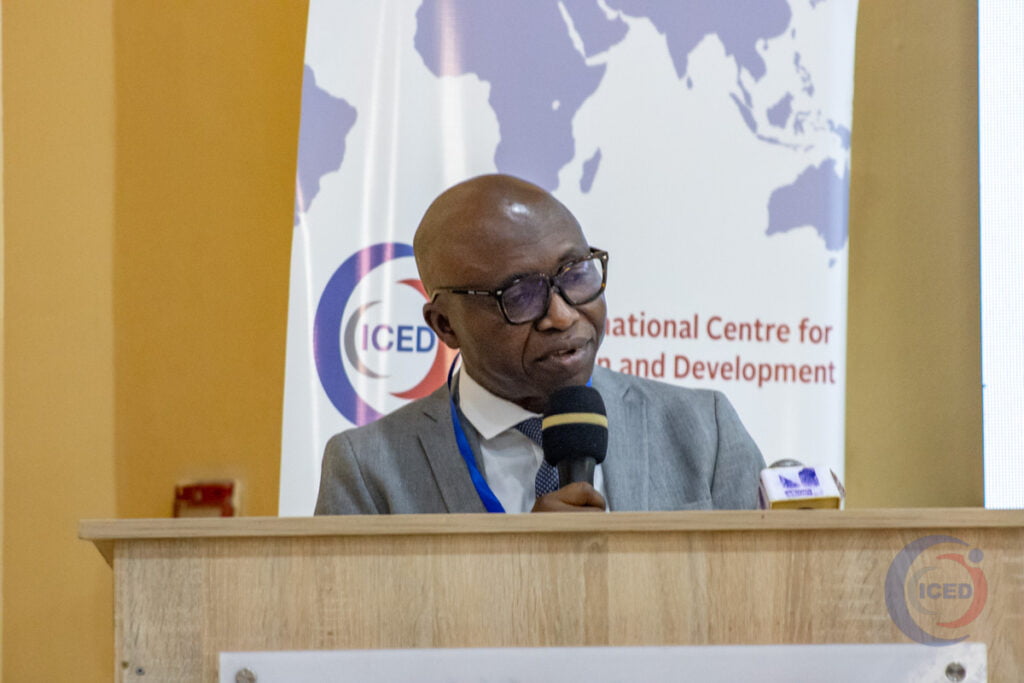
Prof. Elvis Asare-Bediako, Vice-Chancellor
He expressed admiration for African researchers who are not only participating in but also leading global academic efforts to generate vital evidence for resilience and adaptation strategies. Prof. Asare-Bediako highlighted that climate change is a global issue with particularly severe effects in Africa, a continent facing unique challenges yet endowed with distinct strengths and opportunities for adaptation and resilience.
He affirmed his university’s commitment to supporting climate change research, noting that researchers from the University of Energy and Natural Resources are at the forefront of this battle in Ghana. He revealed that the university’s current studies undertaken by Prof. John K. M. Kuwornu, Dean for School of Agriculture and Technology, showcases positive outcomes that will undoubtedly inform future policies.
The conference, themed “Resilience and Climate Change Adaptation,” drew over 750 participants from 41 countries. Prof. Asare-Bediako praised the conference’s timely theme and thanked the organizers and sponsors for promoting evidence-based initiatives in Africa.
The 7th edition of the Evidence to Action Conference 2024 aimed to provide a platform for discussing innovative research and evidence on climate change’s impact on Sub-Saharan Africa. It also focused on identifying practical solutions and strategies to address the region’s climate challenges. The event featured prominent attendees, including the Minister of Environment, Science, Technology, and Innovation, Hon. Ophelia Mensah Hayford, along with other ministers, ranking members of Parliament, government officials, researchers, policymakers, academics, students, media, and key stakeholders in climate, environment, agriculture, and technology.


